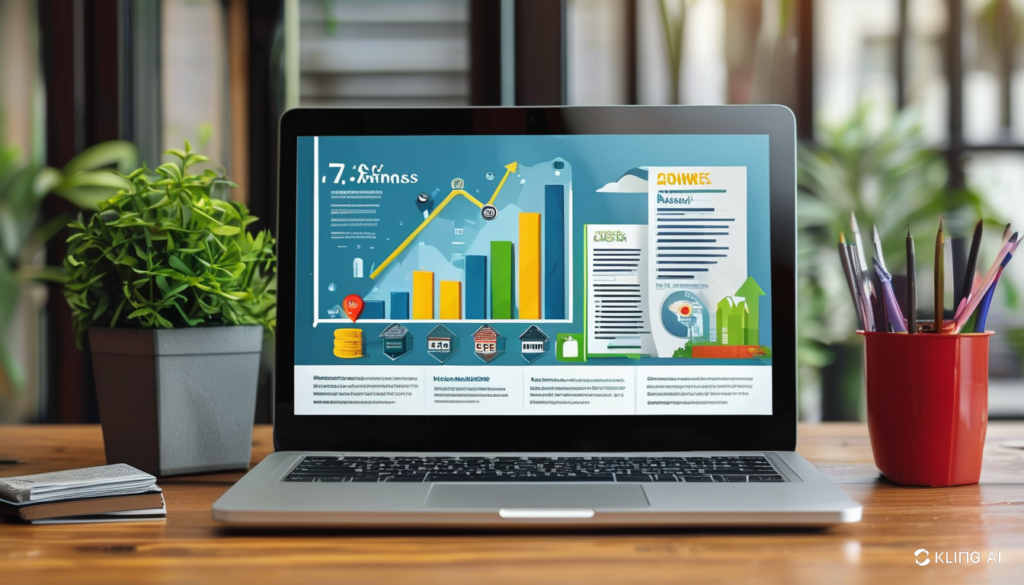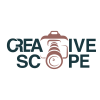Securing a business loan is a major step for entrepreneurs looking to start, expand, or maintain their businesses. However, with a wide variety of loan options available, it can be overwhelming to determine which type best suits your needs. Each loan type serves a unique purpose and has specific requirements, repayment terms, and interest rates. Here’s a guide to understanding different types of business loans and how to choose the right one for your business.
1. Term Loans
What They Are: Term loans are one of the most common types of business financing. You receive a lump sum upfront and repay it over a set period with fixed or variable interest rates.
Best For: Established businesses looking to make large purchases, such as equipment or real estate, or cover expansion costs.
Key Points: Term loans often require a good credit history and may involve collateral. Repayment terms typically range from one to ten years, with competitive interest rates depending on your credit score and lender.
2. SBA Loans
What They Are: Small Business Administration (SBA) loans are partially guaranteed by the government, making them a secure option for small businesses. SBA loans are available in various types, including 7(a) loans, microloans, and CDC/504 loans for specific needs.
Best For: Small businesses needing flexible funding with relatively low-interest rates and longer repayment terms.
Key Points: Although SBA loans offer favorable terms, they have strict eligibility criteria and can involve a lengthy application process. These loans often require a strong credit history and may necessitate collateral.

3. Business Line of Credit
What It Is: A business line of credit allows businesses to borrow funds as needed, up to a predetermined limit. It’s a flexible option that provides access to working capital on an as-needed basis.
Best For: Businesses with fluctuating cash flow or seasonal needs, such as retail stores or manufacturers.
Key Points: You pay interest only on the amount borrowed, making it an affordable option if you need occasional cash flow support. Lines of credit are typically unsecured but may require strong credit and financial history.
4. Equipment Financing
What It Is: Equipment financing is specifically for purchasing machinery, vehicles, or other equipment. The equipment itself acts as collateral, making it easier to secure for businesses with limited credit.
Best For: Businesses in need of equipment to operate, such as manufacturers, medical providers, or construction firms.
Key Points: Equipment financing often has shorter terms than other loans, matching the useful life of the equipment. Interest rates and terms depend on the equipment’s value and the borrower’s creditworthiness.
5. Invoice Financing
What It Is: Invoice financing allows businesses to borrow against unpaid invoices. The lender provides funds based on a percentage of outstanding invoices, giving immediate access to cash flow.
Best For: Businesses with a lot of unpaid invoices or those that struggle with cash flow due to delayed payments from clients.
Key Points: While this option provides quick cash, it often comes with higher fees. It’s suitable for businesses with consistent invoicing cycles but may be costly if invoices are frequently overdue.
6. Merchant Cash Advances
What They Are: A merchant cash advance provides a lump sum in exchange for a percentage of future sales, typically from credit card transactions. Repayment occurs as a percentage of daily sales, meaning payments fluctuate based on revenue.
Best For: Businesses with high credit card sales, like retail shops or restaurants, needing immediate cash.
Key Points: While MCAs provide quick funding, they often come with high fees and interest rates, making them one of the more expensive financing options.

7. Commercial Real Estate Loans
What They Are: These loans are specifically for purchasing or refinancing real estate for business use. They function similarly to a mortgage, with the real estate acting as collateral.
Best For: Businesses looking to buy, build, or expand physical locations.
Key Points: Commercial real estate loans generally offer long repayment terms but require substantial down payments and strong credit.
Final Thoughts
Choosing the right business loan depends on your specific needs, credit profile, and ability to repay. Whether you’re looking for flexible cash flow solutions with a line of credit or need a structured term loan for equipment purchases, understanding these loan types will help you make informed decisions. Before applying, consider consulting with a financial advisor to ensure you choose the best option for your business goals.



Leave a Reply